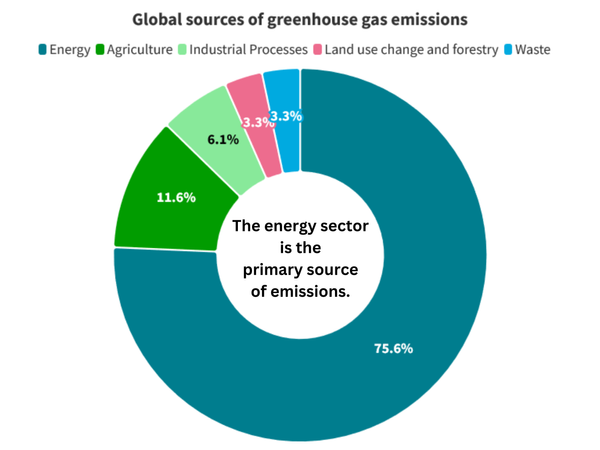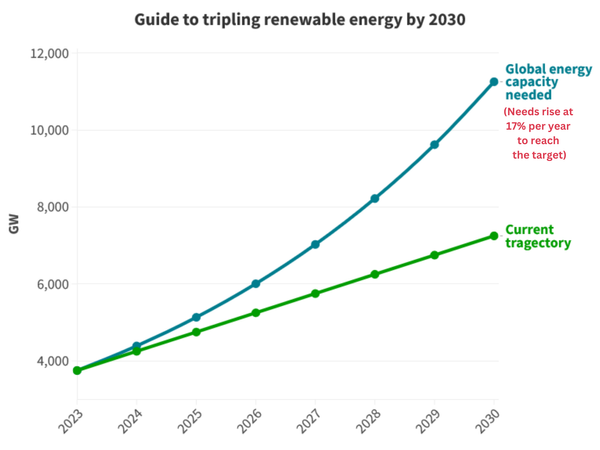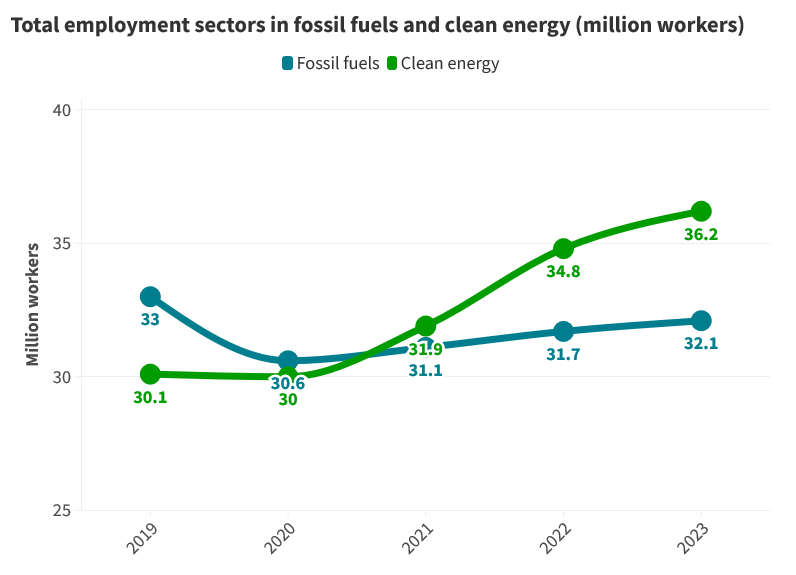UAE's waste-to-energy plant inaugurated for zero-waste city
The Emirates Waste to Energy plant in Sharjah, which is a joint venture between BEEAH and Masdar was inaugurated on May 24, 2022. First announced in 2018, the plant was originally planned to open in 2020 but was postponed due to COVID-19.
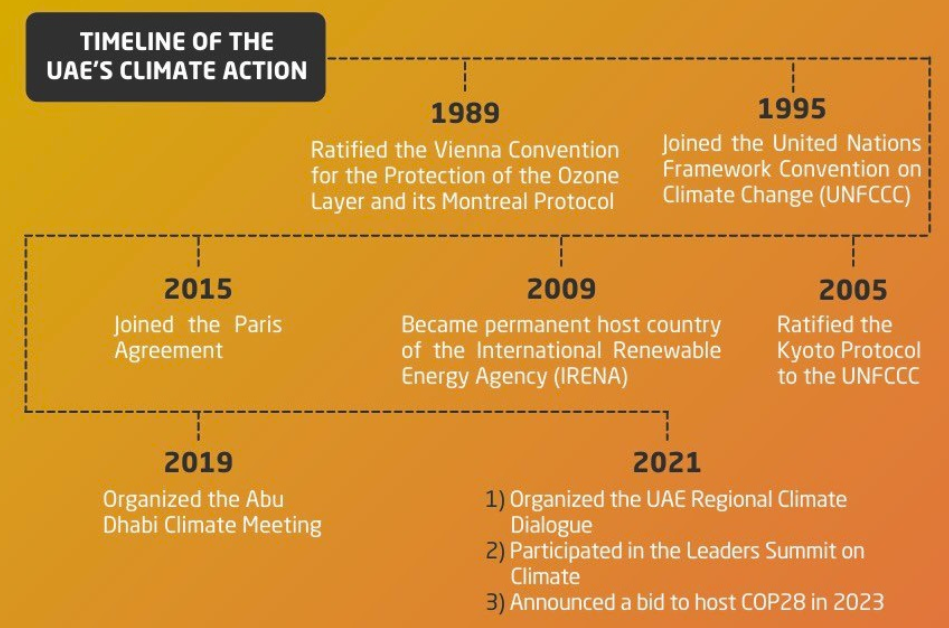
The Emirates Waste to Energy plant in Sharjah, which is a joint venture between BEEAH and Masdar was inaugurated on May 24, 2022. First announced in 2018, the plant was originally planned to open in 2020 but was postponed due to COVID-19.
This Waste to Energy plant will help the UAE meet its waste diversion goals by diverting 300,000 tonnes of waste yearly from landfills while producing 30 MW of low-carbon electricity. This would be enough to power 28,000 homes in Sharjah and save 45 million m3 of natural gas per year. The plant also highlights the next important chapter for the UAE to guide Sharjah to become the Middle East’s first zero-waste city.
The UAE is currently producing 11 billion plastic bags each year, that’s roughly three times the global average. To work towards sustainable development goals, Abu Dhabi has banned single-use plastic bags from this month (June 2022).
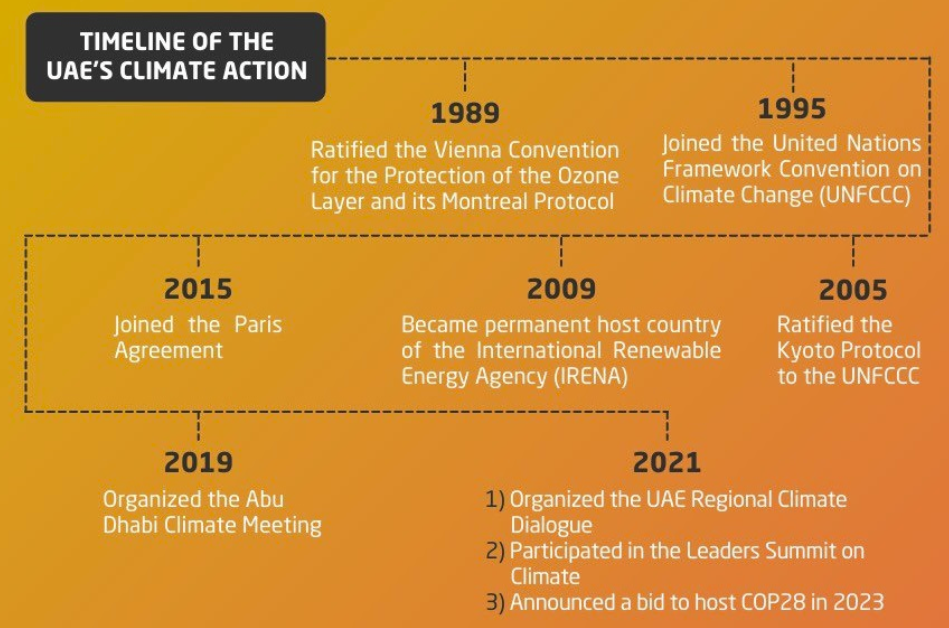
The country has consistently announced innovative projects and historically orchestrated different important events to fight climate change— some notable ones are shown in Figure 1. It was the first country in the region to sign the Paris Agreement in 2015. With the ambitious targets to achieve net-zero emissions by 2050 and a 23.5% reduction of emissions by 2030, below the Business-As-Usual (BAU) scenario in 2016, the country’s emissions are expected to be about 310 million tonnes in 2030.
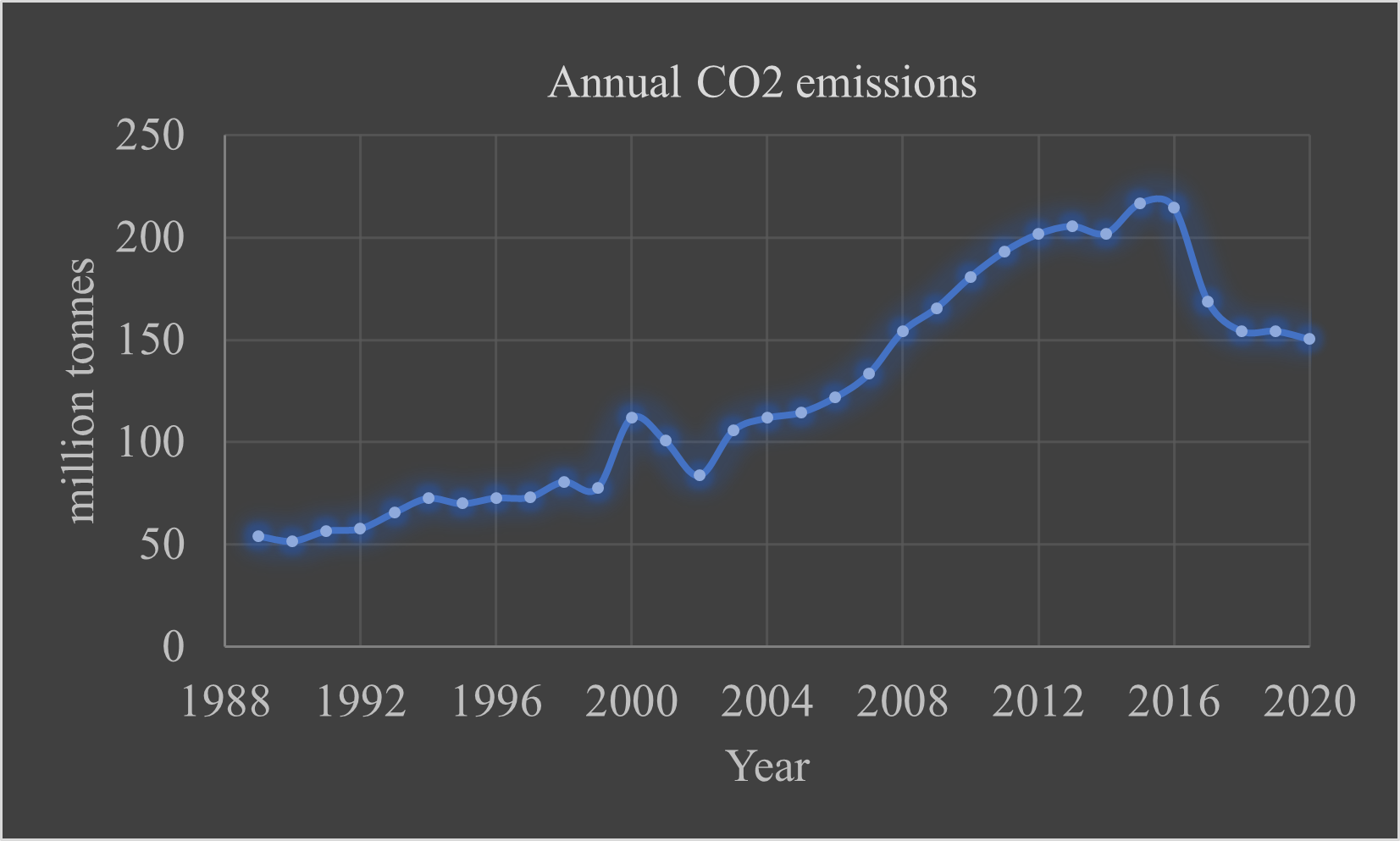
The UAE’s annual CO2 emission is shown in Figure 2. Land change is not included. The emissions have gone down systematically since the country joined the Paris Agreement in 2015.
Renewable energy is one of the main pillars of the UAE’s strategy that has helped the country see positive change. Only Abu Dhabi has committed more than USD 15 billion to renewable energy programmes through the Masdar Initiative, in partnership with some of the world’s largest energy companies, focusing on the development of renewable energy and the techniques that work towards their sustainable development goals.
Until now, the whole country has invested over USD 40 billion in renewable energies, including solar and nuclear, working toward a path to reach the production of 14 GW by 2030, an incredible jump from about 2.4 GW in 2020. Today, it is home to three of the world’s largest and most affordable solar plants in the world, with a massive global investment portfolio in over 40 countries, which is expected to reach over 100 GW by 2030. In 2021, the country announced USD 163 billion investment in renewable energy.
The Sharjah Waste to Energy plant will not only support the UAE’s net-zero emissions objective, but also addresses the vital issue of waste management— a major problem for many cities. By enabling 100% landfill waste diversion in Sharjah and contributing to low-carbon electricity, this plant is tackling the challenge of waste that would otherwise go to the landfill.
“The use of this technology reduces waste and landfill use, creates valuable low carbon energy and introduces a new sustainable industry to our region. Today’s event marks a key milestone in the UAE’s sustainable development and demonstrates the economic impact of the UAE’s Net Zero by 2050 Strategic Initiative. This is the type of practical innovation that the UAE is keen to promote along with domestic and international partners in support of commercially viable climate solutions, in particular as the nation prepares to host COP 28 next year.”- H.E. Dr. Sultan Ahmed Al Jaber, Minister of Industry and Advanced Technology and Chairman of Masdar
Other innovative projects
Through several innovative programmes, the UAE has continuously progressed and increased the country’s energy efficiency. A decade ago in 2010, the UAE Cabinet approved the Green Building and Sustainable Building standards to be applied across the country. The project is expected to save 10 billion dirhams by 2030 and reduce around 30% of carbon emissions.
Since January 2020, Ras Al Khaimah made the Green Building Regulations mandatory for all new buildings that set minimum sustainability standards and is expected to consume 30% less energy and water as compared to a typical building.
The UAE is also home to major Carbon Capture and Storage (CCS) projects. After the successful progress of Abu Dhabi Phase 1— CO2 capture from the Al Reyadah facility, Abu Dhabi National Oil Company (ADNOC), which pumps more than 3 million barrels of oil a day has partnered with French oil company Total in 2020 to explore opportunities in CO2 emission reductions and CCS. This new partnership is developing UAE’s second CCS facility in Abu Dhabi. The facility will capture 1.9 to 2.3 million tonnes per year of CO2.
Both CCS plants in Abu Dhabi will store CO2 in the same reservoir. The Al Reyadah facility, which is also the first commercial-scale CCS facility in the Middle East has the capacity to capture 800,000 tonnes of CO2 annually. ADNOC plans to expand the capacity of this program six-fold to reach 5 million tonnes of CO2 every year by 2030. This is equivalent to the annual carbon capture capacity of more than 5 million acres of forest.
